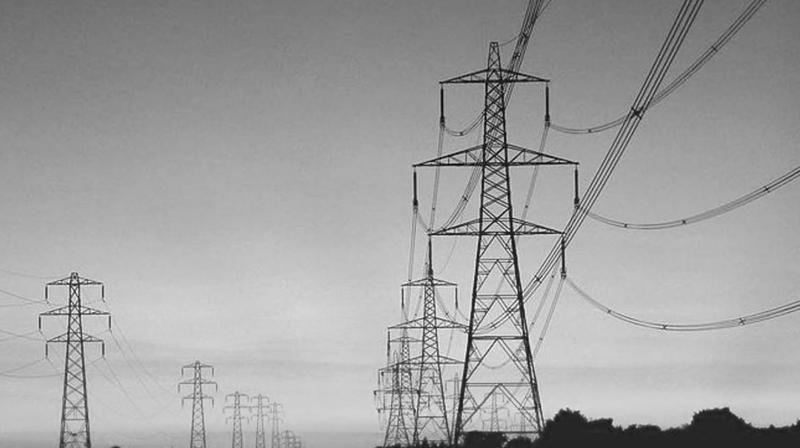Power from private utilities may become costly in Kerala

Thiruvananthapuram: KSEB Ltd wants an additional surcharge imposed on industrial consumers for purchasing power from private utilities and causing power to 'idle' with the public utility.
Under the Open Access system, KSEBL has been granting approval to industrial consumers to purchase power from private power utilities outside the state. The open access customers has availed of about 142 million units from outside the state in 2015-16 and about 130 MU till November 2016. As a consequence, power already sourced by KSEBL through medium- and long-term agreements remains idle. The public utility had to surrender 123.76 MU and 112 MU in these years. The unrecovered fixed charge that had to be paid by KSEBL to its suppliers was Rs 16.13 crore and Rs 15.83 crore.
"It will be unfair to mount these losses upon the domestic consumers," a top KSEBL official said. Hence, the additional surcharge. KSEBL ties up power through long term as well as medium term contracts, considering the overall growth of demand of all consumers in the State including the growth in demand of the embedded open access consumers.
"Open access consumers, draw power through open access whenever the price in the short-term market is less than their prevailing tariff. Hence KSEBL cannot forecast the exact quantum of energy wheeled by them. They draw power on a day-ahead basis. This has jeopardized the power purchase plan of the utility substantially," the official said.
At present, there is no cross subsidy surcharge for the HT and EHT consumers.
The KSEBL source said that this had resulted in "considerable financial loss" on account of two factors. One, the absence of cross subsidy component that could have been recovered from these consumers when they avail power through open access. Two, the under recovery of fixed charges, to be paid by KSEBL, for the stranded capacity due to open access by its consumers.
In August 2016, the Electricity Regulatory Commission had quashed KSEBL's move to deny open access to industrial consumers on the grounds that the arrangement was "non-discriminatory".

